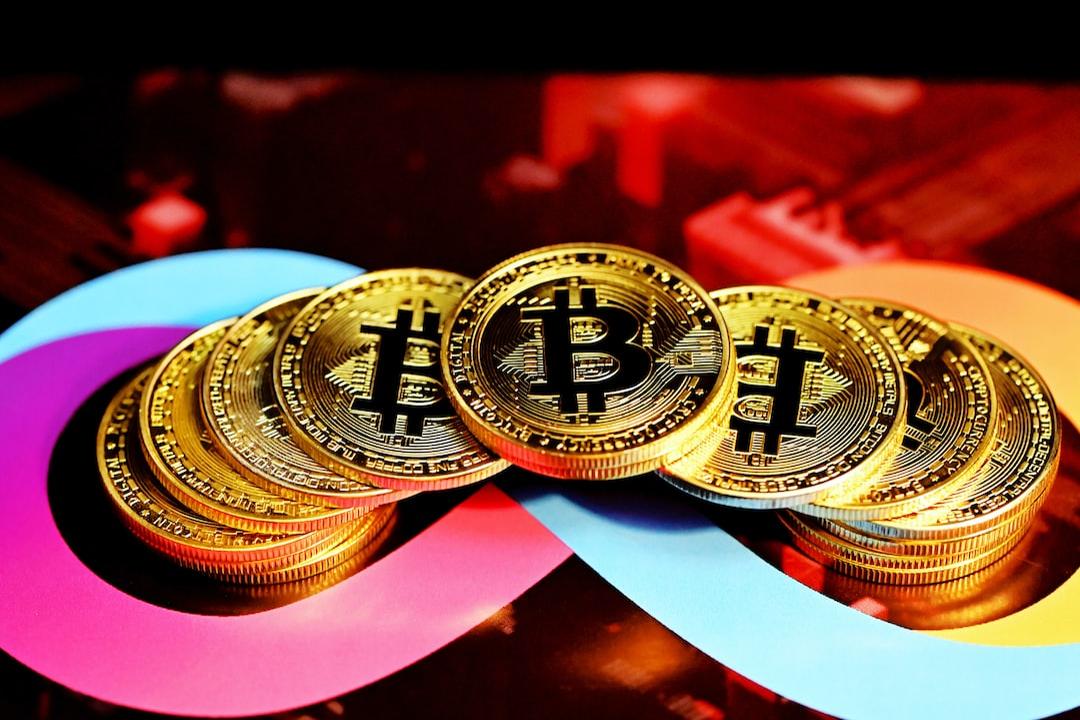Layer-2 protocols scaling the Ethereum blockchain are about to receive a significant reduction in rollup costs with the upcoming Dencun hard fork. However, it may take some time before end-users fully reap the benefits.
According to David Silverman, VP of Product at Polygon Labs, the implementation of Ethereum’s latest hard fork, which includes several improvement proposals (EIPS), will take a few weeks for rollup protocols to fully adopt.
The Dencun hard fork incorporates a total of nine different EIPs. The name of the upgrade combines the Cancun upgrade of Ethereum’s execution layer with the Deneb upgrade on the consensus layer.
One of the main focuses of the hard fork is EIP-4844, which changes how Ethereum rollups store data on the mainnet. Currently, Ethereum rollups store data on-chain, which is expensive and requires all Ethereum nodes to store that data indefinitely. EIP-4844 introduces a new way for rollups to add cheaper data to blocks by using the blob space. This allows rollups to attach data blobs to blocks that are not accessible to the Ethereum Virtual Machine and are automatically deleted after a fixed period of time.
Silverman explains that the introduction of blobs significantly reduces the cost of rollup data storage and provides the same security guarantees. However, the full impact of this change will only be realized once the Dencun hard fork is implemented on the mainnet.
While the Dencun hard fork is scheduled for March 13, rollups will need to make their own updates before they can take advantage of the new storage space. Silverman notes that Polygon has been working to expedite its own implementation of EIP-4844, and conversations with other layer-2 developers indicate that they are eager to leverage the hard fork as quickly as possible.
The Dencun hard fork represents Ethereum’s shift towards a layer-2-centric scaling approach. Ethereum aims to slow down and stabilize its core components while leaving innovation and user-level focus to layer 2 solutions. The formation of Roll Call, where layer 2 developers meet and collaborate on improvement proposals, demonstrates the coordination among major rollup players.
While the immediate impact of Dencun on rollup costs may not be significant, Silverman expects there to be excitement once the hard fork is finalized. As more layer 2 solutions adopt the blob space, the cost reduction will gradually become less impactful.
In conclusion, the Dencun hard fork and the implementation of EIP-4844 are expected to bring significant cost reductions to rollup protocols on the Ethereum blockchain. However, it may take some time for end-users to fully experience these benefits.

